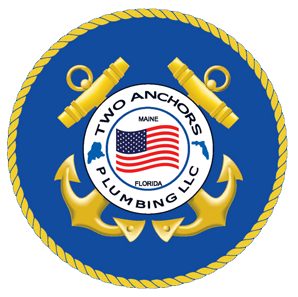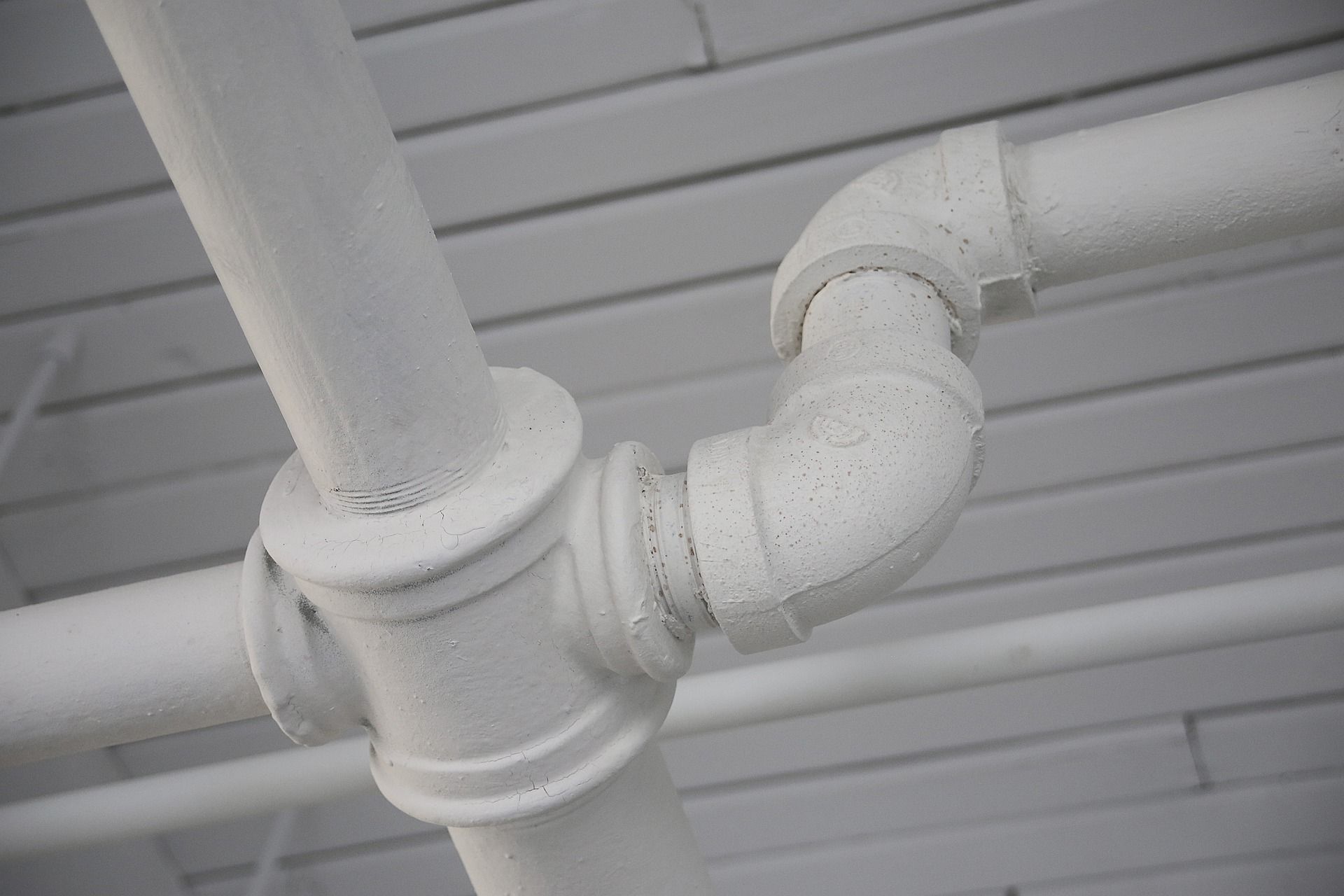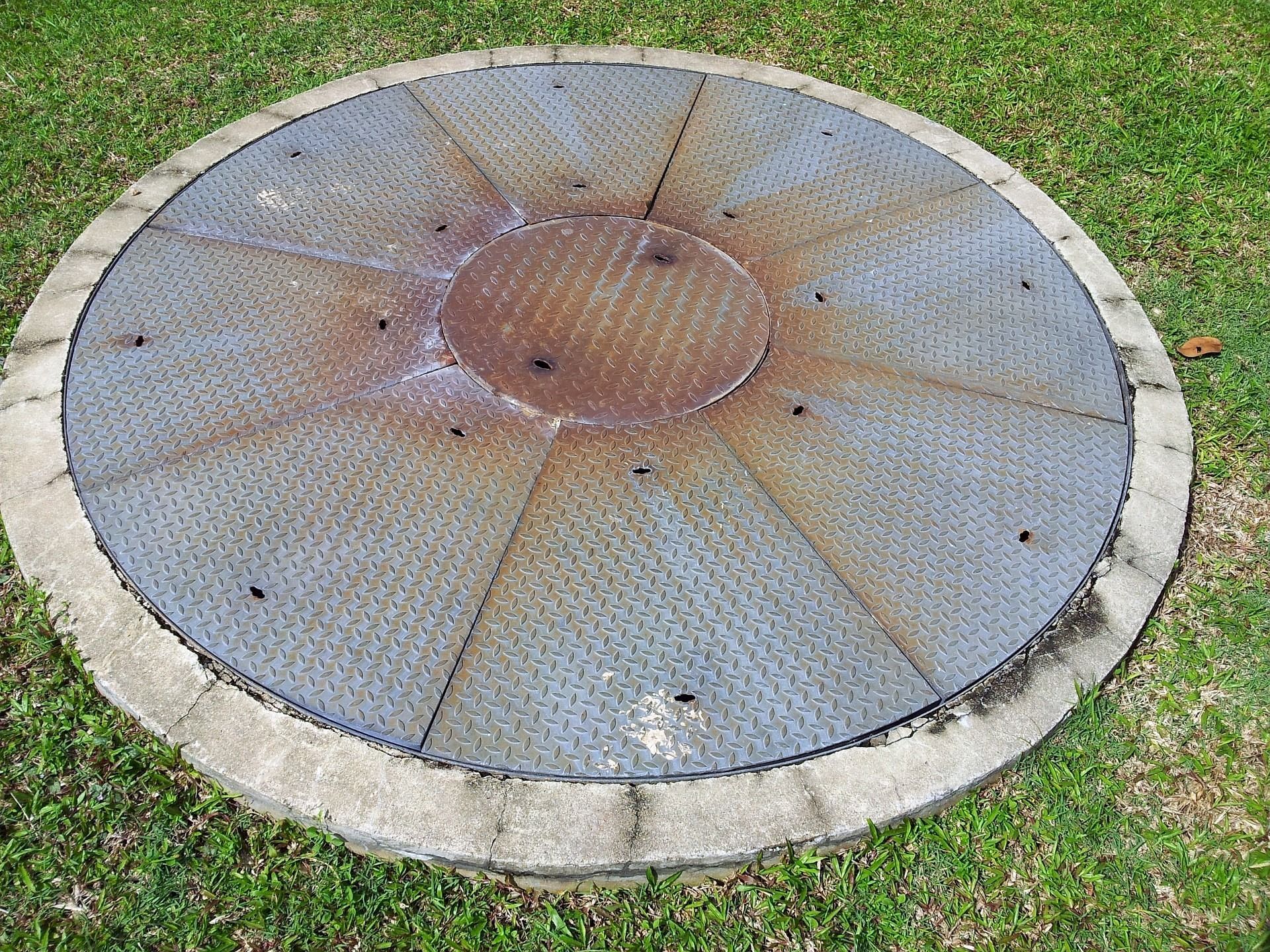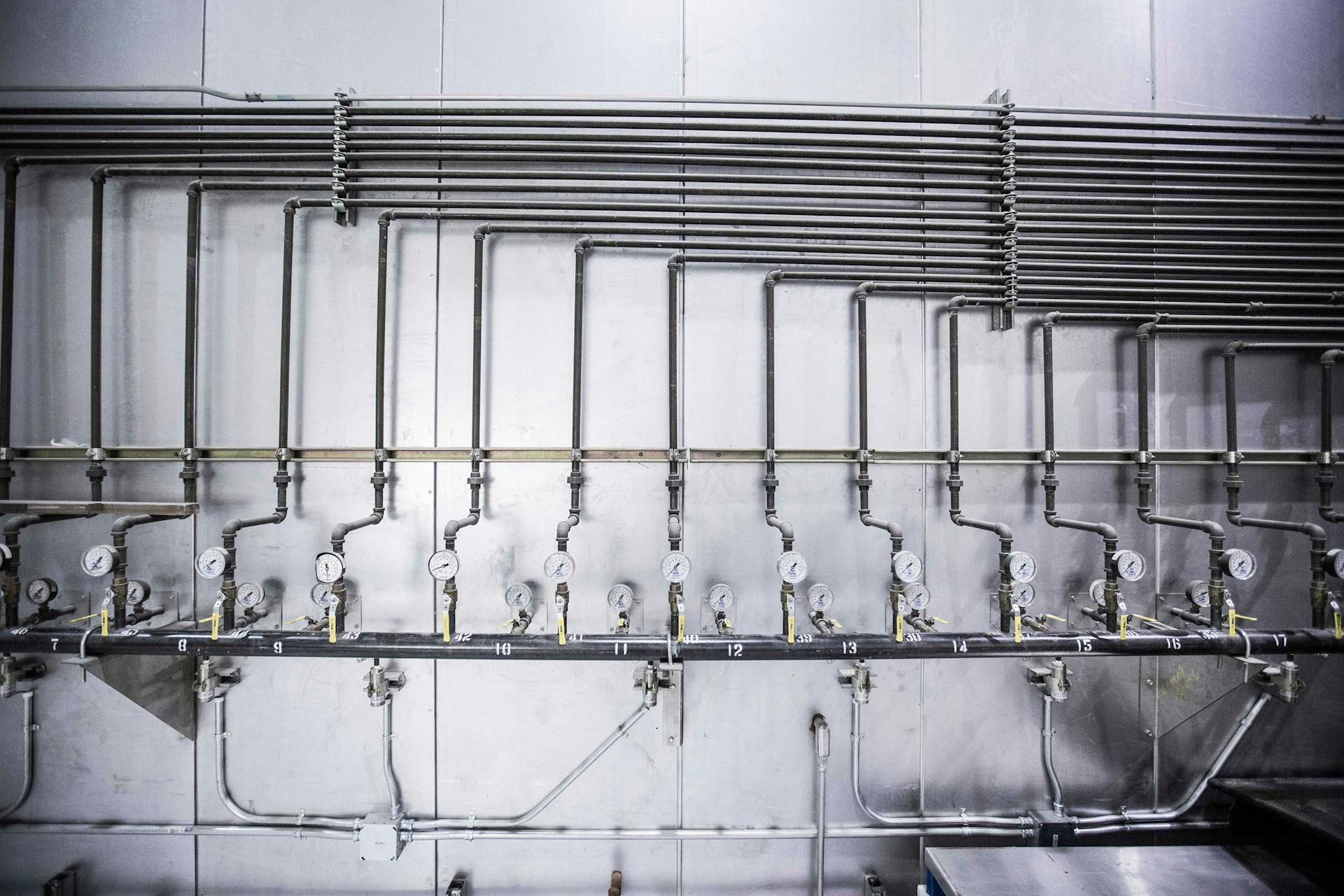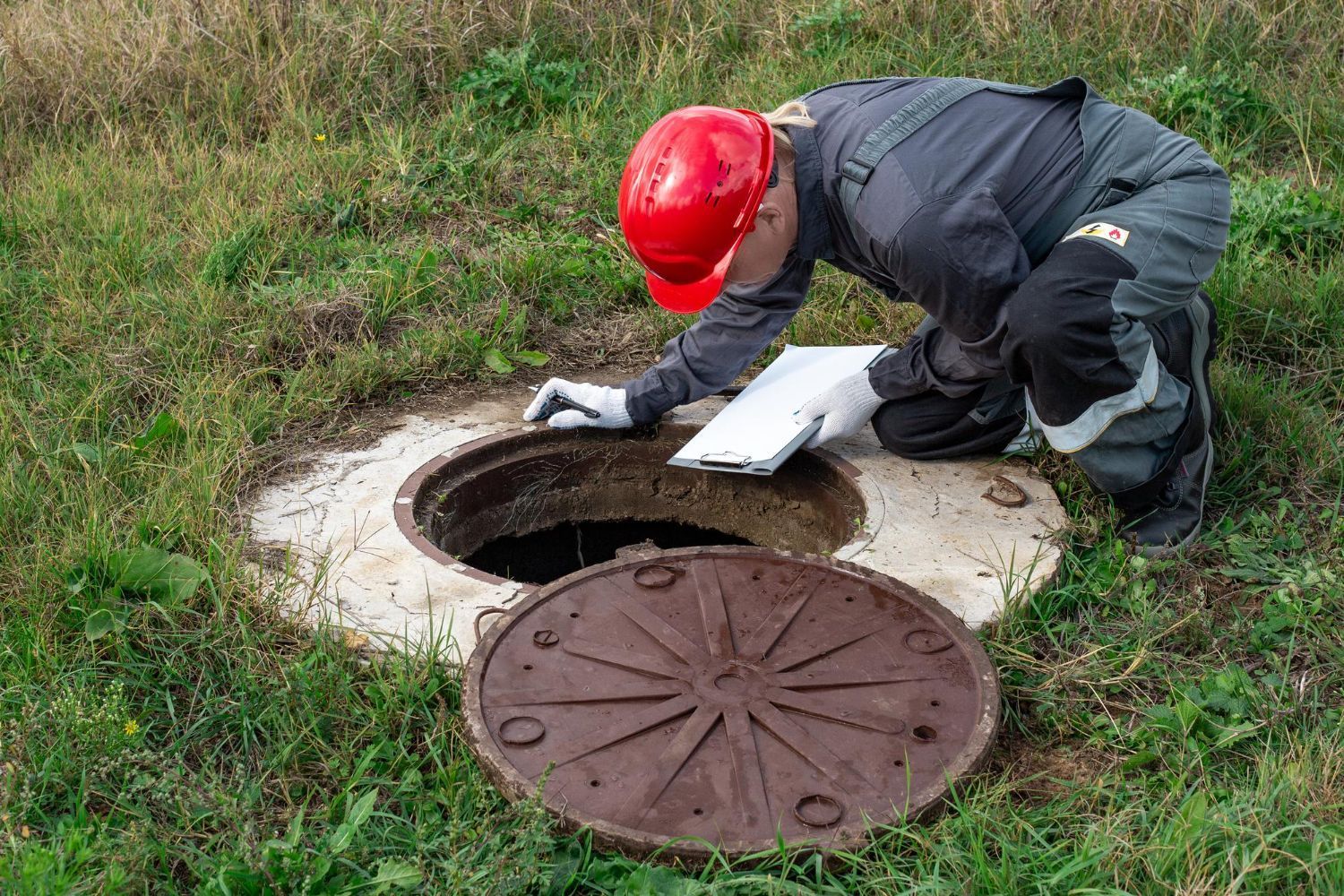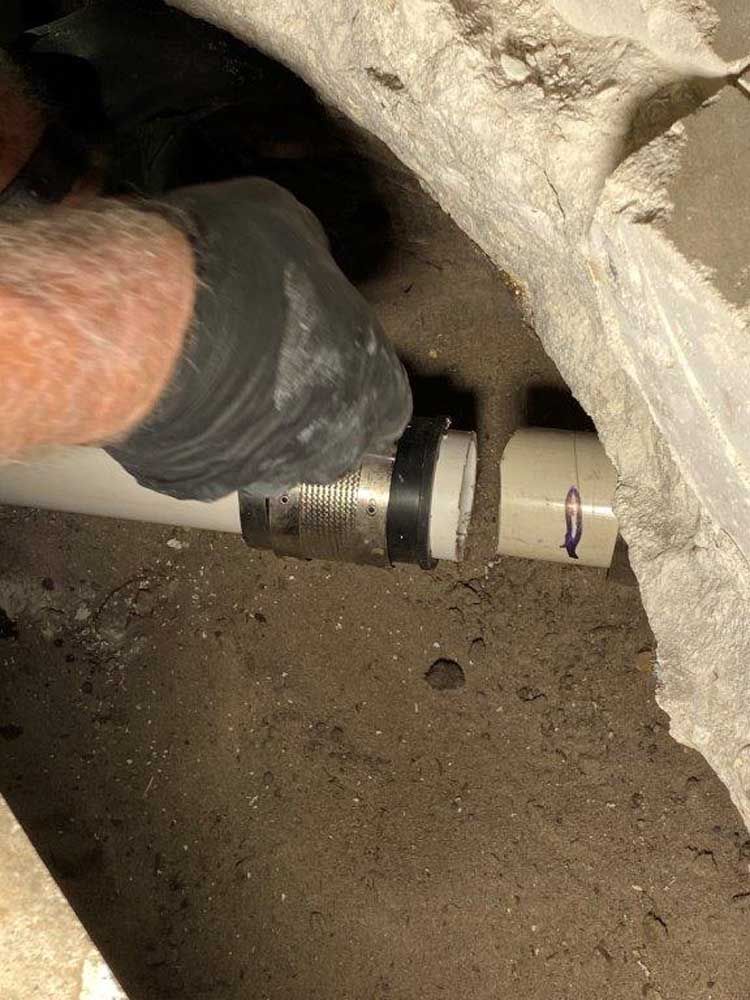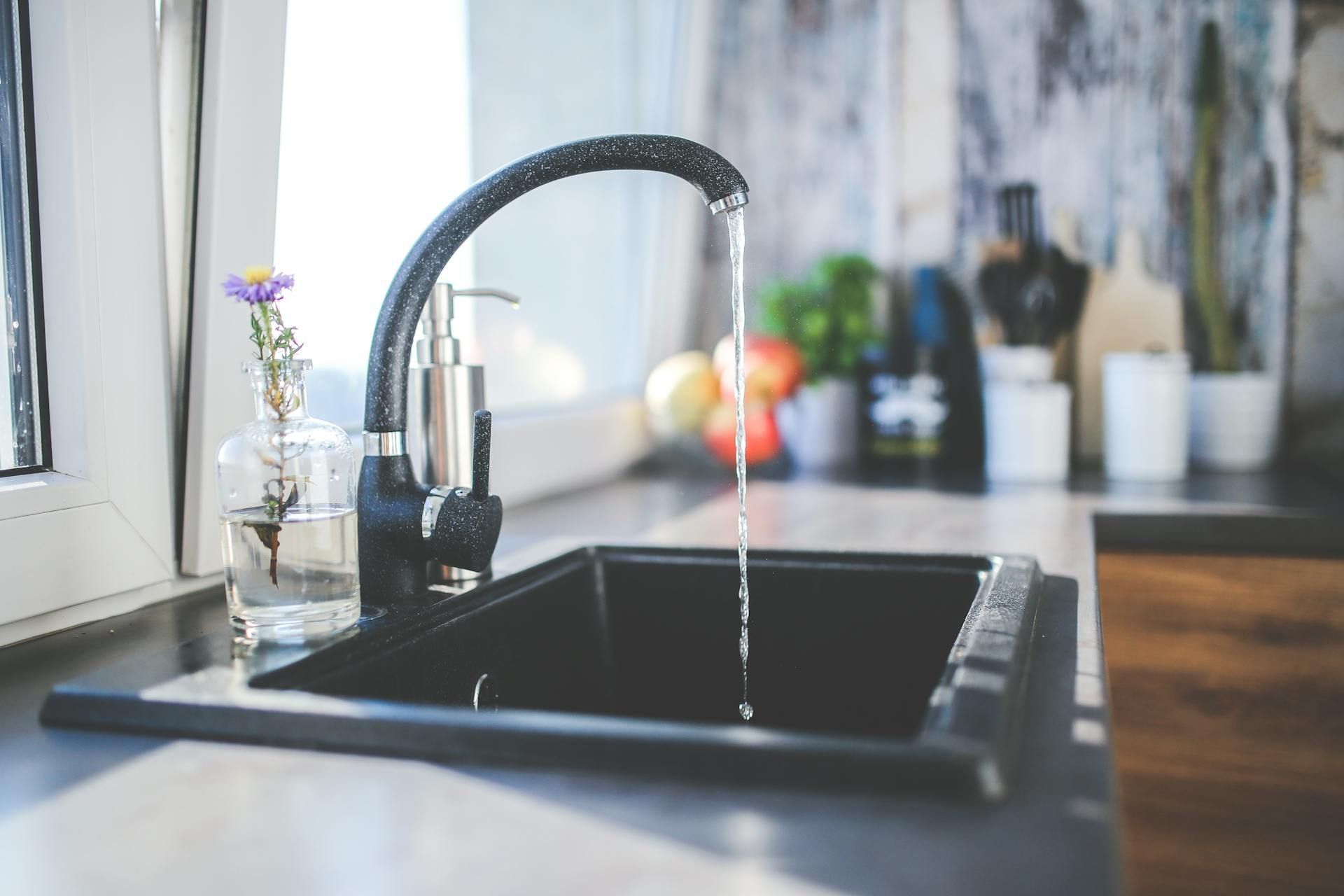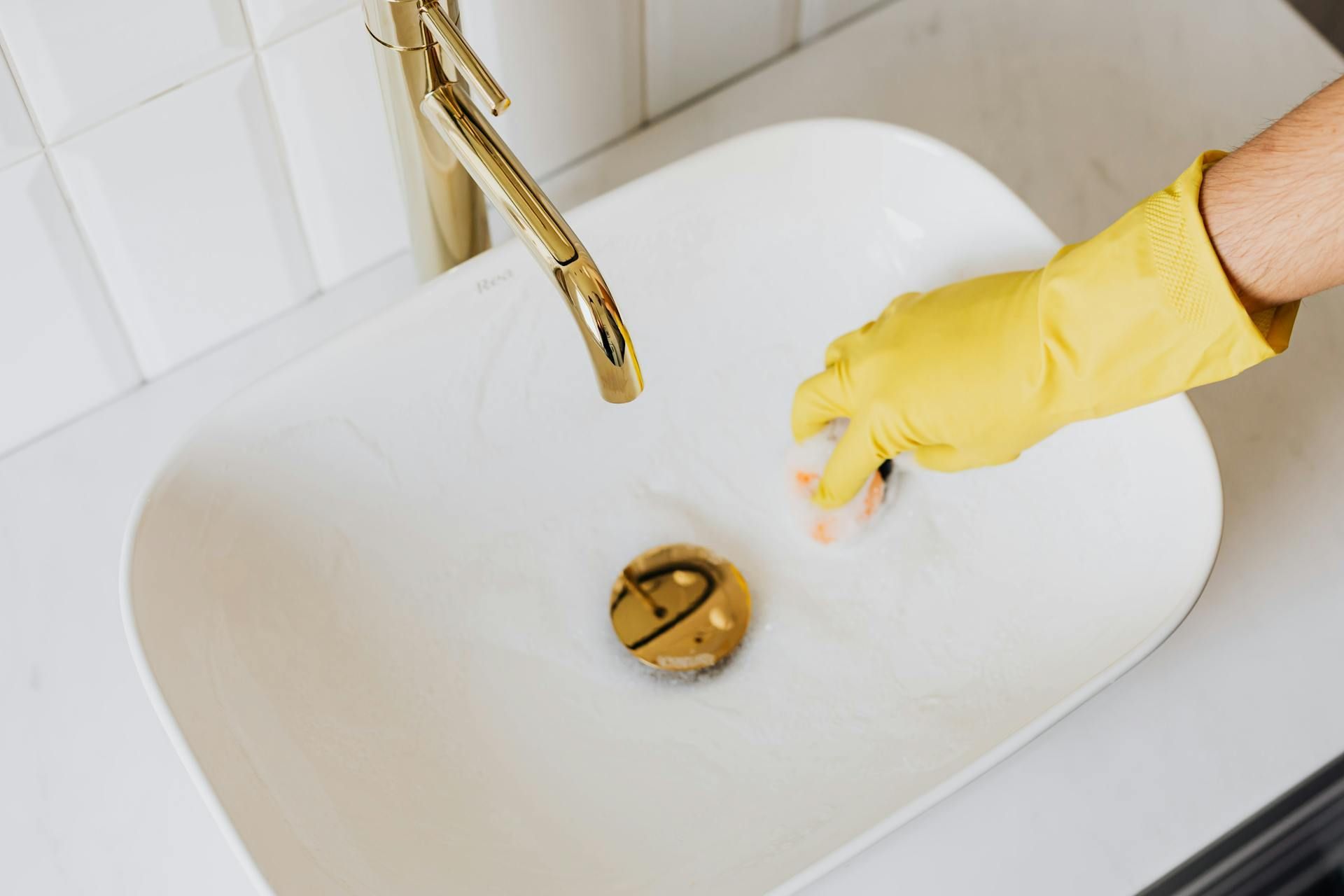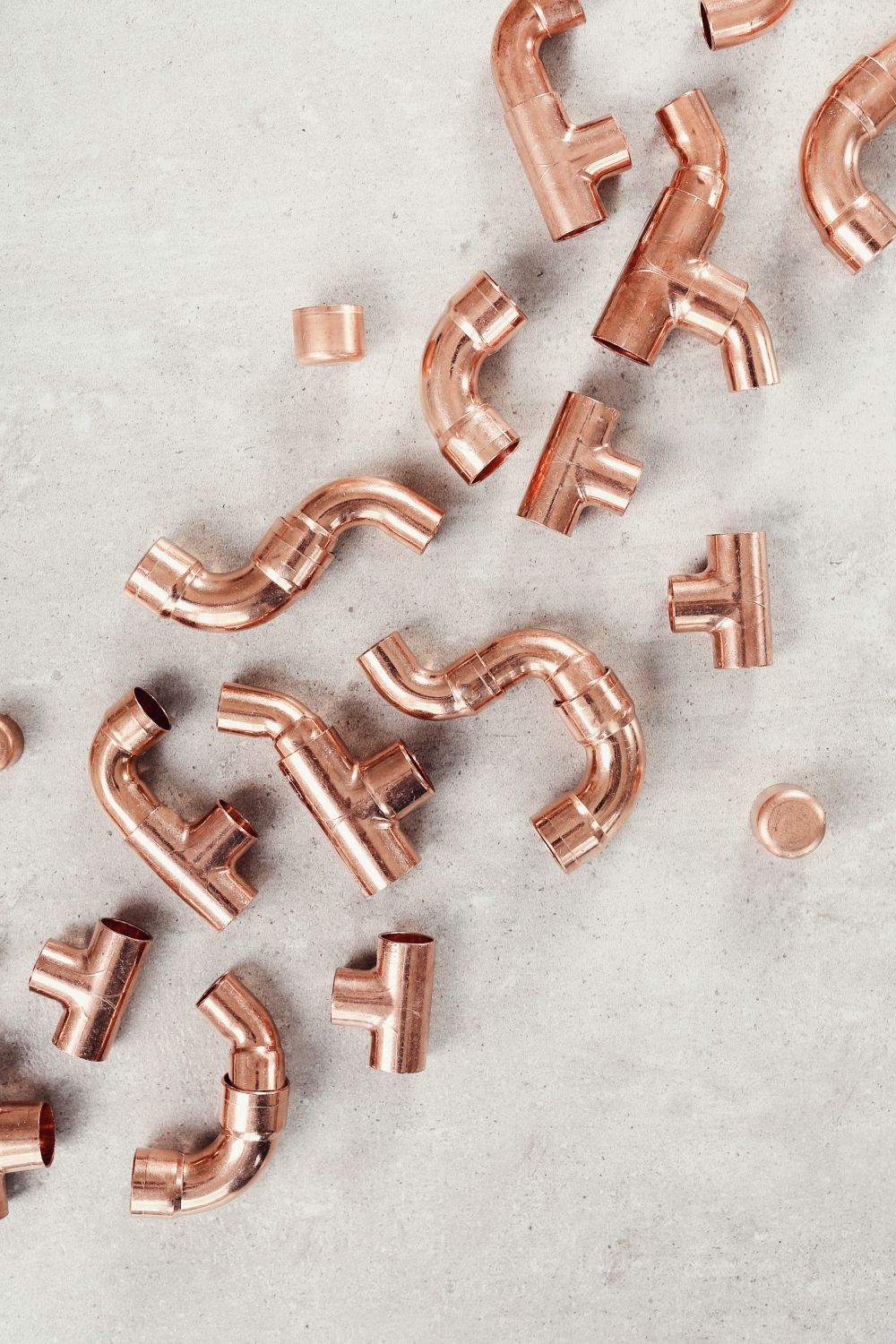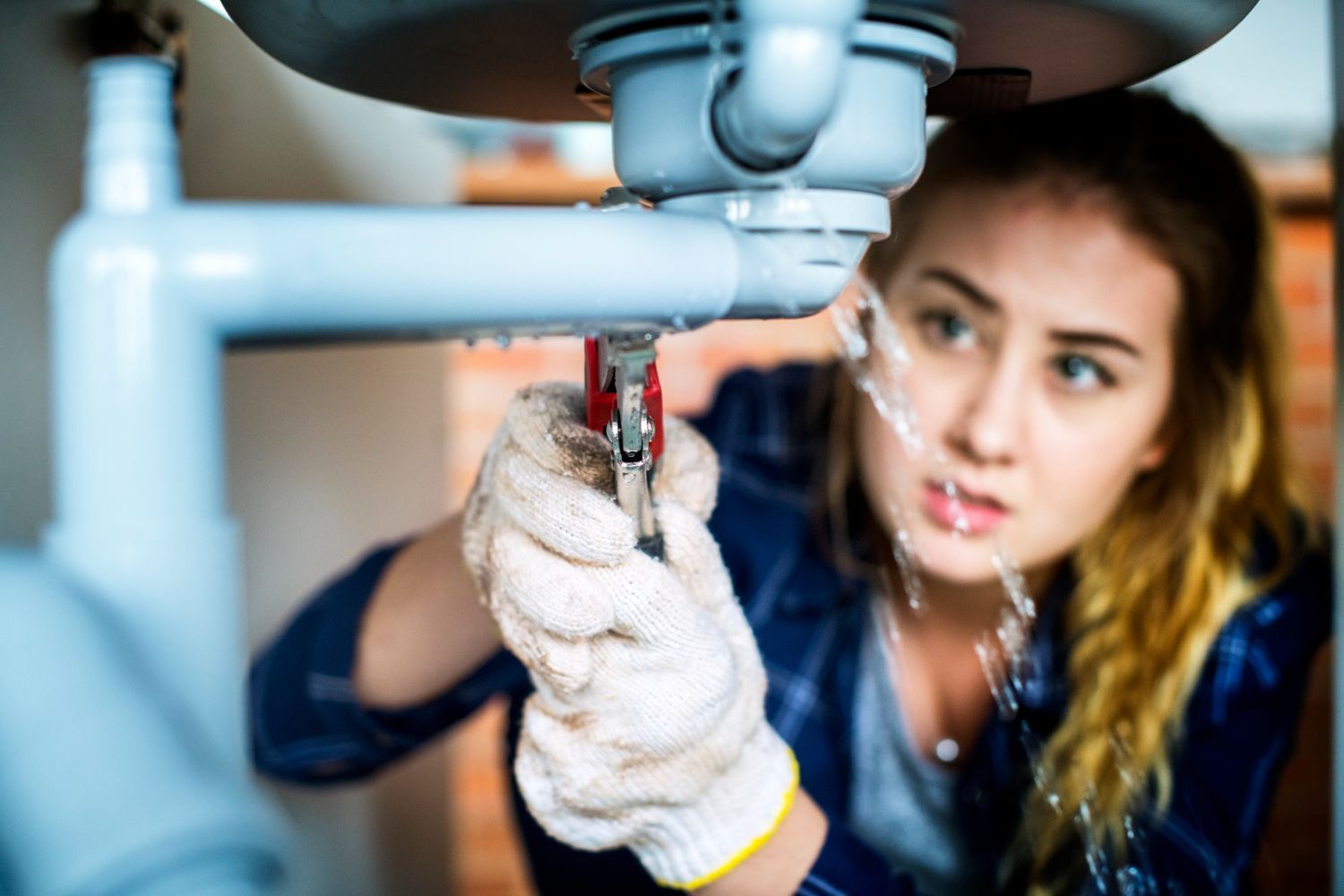What you Need to Know About Plumbing for New Construction
Are you in the midst of building your dream home or commercial building? Congratulations! Building a new home or commercial building is an exciting process that allows you to customize every aspect to meet your unique needs and preferences.
When it comes to building a new home or commercial building, proper plumbing is a crucial aspect that cannot be ignored. Plumbing systems ensure the supply of clean water, proper drainage, and waste management. Whether you are a homeowner or a developer, it's essential to have a good understanding of plumbing for new construction projects. We highlighted some key points that you need to know about plumbing for new construction. Check out.
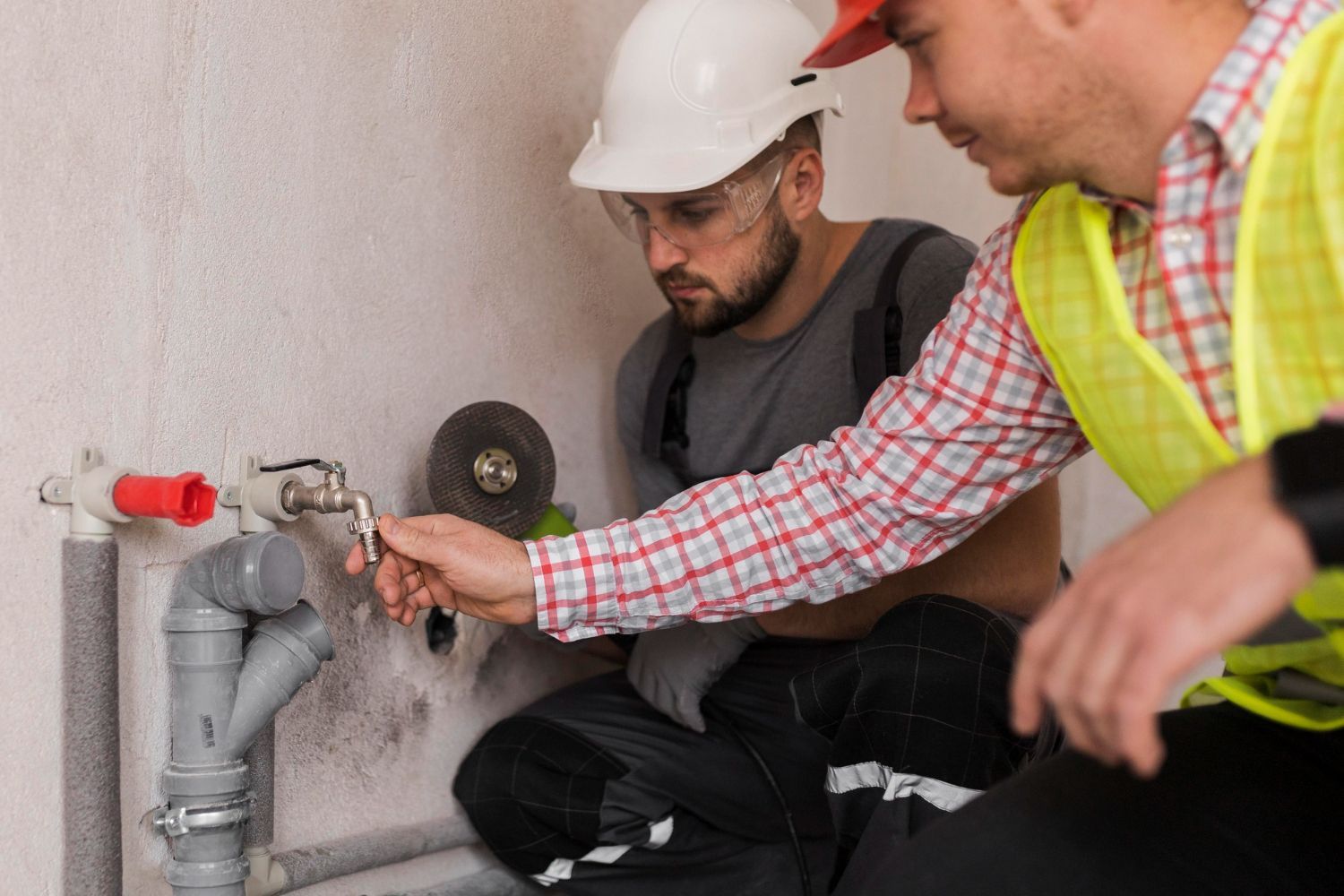
1. Plan Ahead
The first step in planning a plumbing system is to have a detailed blueprint and design of the building. This includes the layout of rooms, bathrooms, kitchens, and any other areas where water supply and drainage are required. The blueprint will help you determine the ideal locations for plumbing fixtures like sinks, toilets, showers, and water heaters.
Plumbing should never be an afterthought during the construction process. It's important to involve a professional plumber from the beginning to properly plan and design the plumbing system. Plumbing is an intricate network of pipes, fixtures, and valves, and careful consideration is required to ensure efficient water flow, accessibility, and longevity of the system.
2. Codes and Permits
Before starting the construction, it's important to understand the local plumbing codes and regulations. Each city or region may have specific requirements regarding pipe materials, sizing, venting, and access points. Compliance with these regulations ensures safety and avoids unnecessary troubles down the line.
Every locality has specific building codes and regulations that govern plumbing installations. It is imperative to have a certified plumber who is well-versed with these codes to ensure compliance and avoid any legal issues in the future. Additionally, obtaining the necessary permits is essential before starting any plumbing work.
3. Water Supply and Distribution
Determining the water supply is a critical aspect of plumbing for new construction. A reliable water supply should be established by connecting to the municipal water source or a private well. The water supply system should be designed to handle the anticipated demand without compromising water pressure. Additionally, you must decide the pipe size and materials required for the water supply lines to meet the anticipated demand.
4. Drainage and Waste Management
Planning the drainage system is equally important. It involves ensuring that each room with plumbing fixtures has proper access to the main sewer line. Determining the ideal slope and pipe sizes for each drain line will ensure efficient waste removal from the building.
Proper drainage is indispensable to prevent water damage and health hazards. The plumbing system must efficiently remove waste and wastewater from the building and direct it to the appropriate sewage or septic system. Adequate slope and venting should be considered during the planning phase to prevent clogging, foul odors, and backflow.
5. Quality Materials and Inspections
The quality of materials used in plumbing is vital for the long-term functionality of the system. High-quality pipes, fixtures, valves, and fittings will reduce the risk of leaks, corrosion, and frequent repairs. Regular inspections during the construction process ensure that the plumbing work is being carried out according to the approved plans and adheres to construction standards.
Choosing the appropriate pipe materials plays a significant role in the long-term durability of the plumbing system. Common options include copper, PVC, PEX, or a combination of these materials. Each material has its pros and cons, so it's important to consider factors such as cost, ease of installation, and compatibility with local plumbing codes.
Choosing the right plumbing fixtures is essential for both functionality and aesthetics. Consider factors such as water efficiency, durability, and user-friendliness when selecting fixtures for sinks, toilets, showers, and faucets. It's also important to choose fixtures that match the overall design and style of the building.
6. Accessibility and Maintenance
Plumbing systems should be designed for easy accessibility and maintenance. Access panels and shut-off valves should be strategically placed for routine inspections, repairs, and emergency situations. Proper maintenance and timely repairs will help prolong the lifespan of the plumbing system and minimize potential issues.
Consider future maintenance needs when planning the plumbing system. Incorporate easily accessible shut-off valves and cleanout points to allow for easy repairs and maintenance. This will save time and effort when dealing with any issues that may arise in the future.
Conclusion
In conclusion, plumbing is an integral part of new construction projects that requires careful planning, adherence to building codes, and high-quality materials. Engaging a professional plumber early in the design process is crucial for an efficient and functional plumbing system.
Hire Professionals
Finally, always work with licensed and experienced plumbers or plumbing contractors. They possess the necessary expertise to install, test, and maintain your plumbing system correctly. Don't be tempted to cut corners or perform the installation yourself, as it can lead to significant issues and costly repairs down the road.
If you want your home to function at its best, schedule a consultation with
Two Anchors Plumbing for new plumbing services today by calling 772-210-2084.
Address: Stuart, FL 34997 | Phone: (772) 210-2084
Copyright © 2023 Two Anchors Plumbing, All Rights Reserved.
